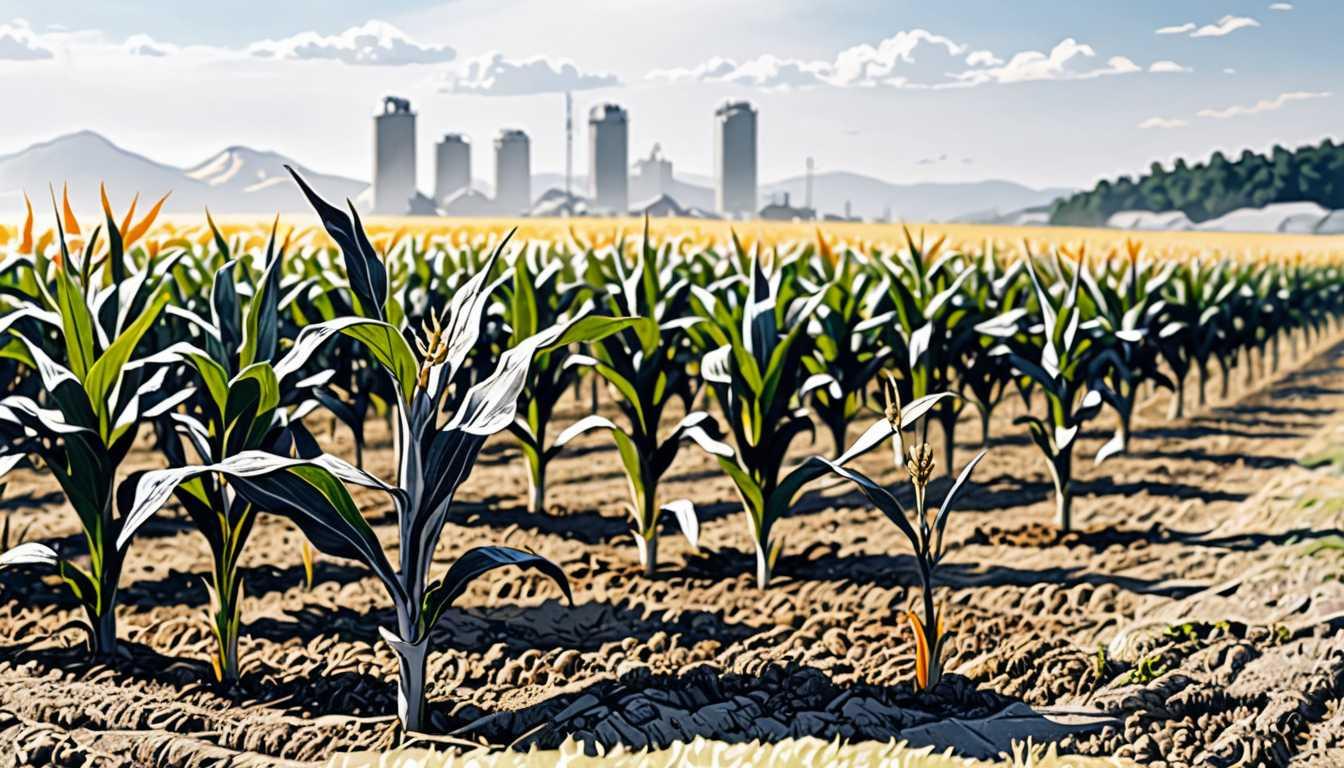Space Living: Earth's Essentials
April 2023
Cornell University
Introduction
Ever wondered if humans can turn space into a new home? Cornell University's latest research dives into the Pancosmorio theory, which sounds like your next favorite sci-fi term but is actually a groundbreaking study on deep-space living. Coined to mean “all world limit,” it explores the essentials of gravity, oxygen, water, agriculture, and waste management in space. Spoiler alert: without an Earth-like ecosystem, our space dreams might just remain dreams. Dive into this cosmic conundrum and discover why gravity isn’t just a blockbuster movie but a real-life challenge for space settlers!
READ FULL ARTICLEWhy It Matters
Discover how this topic shapes your world and future
Crafting Habitats Beyond Earth
Imagine setting up a home where no human has ever lived before - deep space. It's not just about packing your bags and taking off; it's about creating a mini-Earth in places that are nothing like our cozy, blue planet. This challenge is at the heart of a new theory called Pancosmorio, which translates to "all world limit." It's a reminder that if humans are to live far from Earth, they need an Earth-like ecosystem to survive. This includes managing gravity, oxygen, water, agriculture, and waste. Why does this matter to you? Well, it's about the future of humanity and possibly your future, too. As we look to the stars, understanding and solving these challenges could open up new worlds for exploration, living, and learning. Plus, it's pretty cool to think about being part of a generation that could live in space!
Speak like a Scholar
Ecosystem
A community of living organisms and their physical environment interacting as a system.
Gravity
The force that attracts a body toward the center of the Earth, or toward any other physical body having mass.
Terraform
The process of modifying a planet, moon, or other body to a condition supportive of Earth-like life.
Ecological thermodynamics
The study of the energy transformations involved in ecological processes.
Abductive reasoning
A form of logical inference which starts with an observation then seeks to find the simplest and most likely explanation.
Sustainability
The ability to maintain or support an activity or process over the long term.
Independent Research Ideas
The role of artificial gravity in long-term space habitation
Investigate how creating artificial gravity can mimic Earth's gravitational pull and its effects on human health and agriculture in space habitats.
Oxygen generation strategies in space colonies
Explore the various methods through which oxygen can be sustainably produced in space habitats, including the role of plant species and technological systems.
Energy solutions for deep space living
Examine the potential energy sources that could power a space colony far from the sun, focusing on sustainability and efficiency.
Waste management in closed-loop ecosystems for space
Research how waste can be recycled and repurposed in a space habitat to support a self-sustaining ecosystem, drawing parallels with Earth's natural cycles.
Comparative study of Earth and space agriculture
Delve into the challenges and solutions for growing food in space, including the effects of different gravitational conditions on plant growth and the potential for hydroponic systems.
Related Articles

Water Wasted: The Hidden Cost of Food Waste
November 2015
Smithsonian Magazine

Farmers Battle Climate: NY's Fight
February 2024
Cornell University

Revolutionizing Farming: Save Water Smarter
April 2023
Stanford University

Cooling Without Power: MIT's Breakthrough
September 2022
Massachusetts Institute of Technology (MIT)

Revitalizing Waterways: A Fresh Take
April 2023
Phys Org